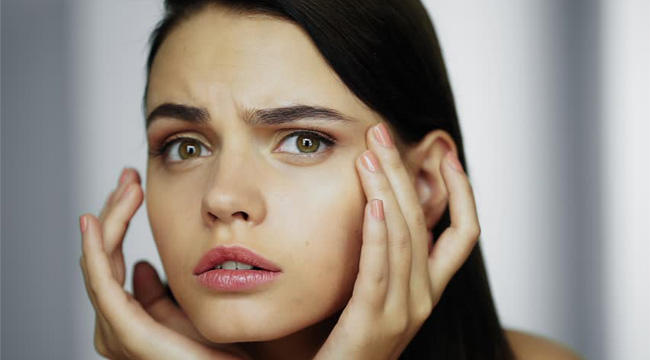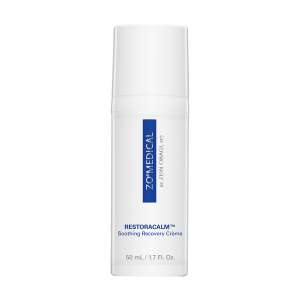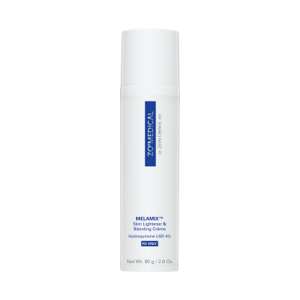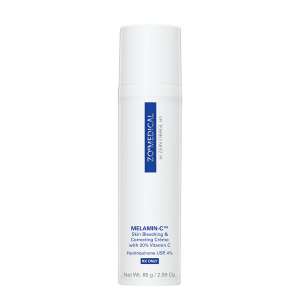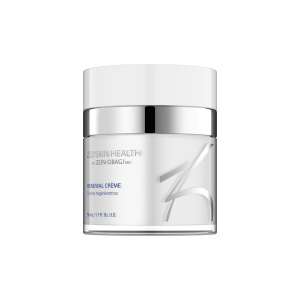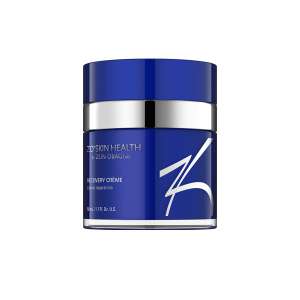What does Retinol do to your skin?
Written by Heidi Harsini, May 2018
If I had to pick one thing to put all my patients on, it would be Retinol – some of the long- term benefits are :
– Repairs damaged surface skin
– Strengthens skin and reduces sensitivity
– Improves skin texture
– Tightens large pores
– Reduces and corrects abnormal surface pigmentation and sun damage
– Minimizes the appearance of fine lines
– Brightens, smooths and tightens skin for a more youthful appearance
Overall, Using Retinol is packed with anti-aging benefits. “It stimulate the production of new skin cells, strength retinoids renew the skin and treat acne, reduces appearance of fine lines, and helps with skin discoloration.”
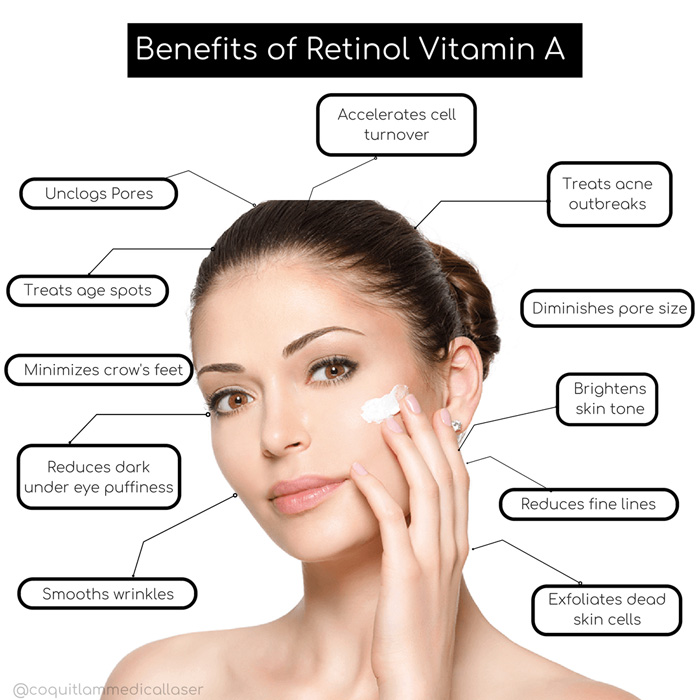
Why is retinol good for your skin?
Retinol is a weaker, over the counter version of tretinoin, a prescription vitamin A derivative that is highly effective in reversing sun damage and signs of aging. Tretinoin decreases fine lines, evens skin color, improves texture, tightens pores, and stimulates blood flow and collagen production.
What are the side effects of retinol?
Very high doses of tazarotene, a retinoid used to treat acne and psoriasis, can cause severe skin irritation. Nearly all women experience some degree of skin effects, such as burning, redness, itching, peeling and scaling that starts after two to three days and can last up to three months during use. This is why I recommend you to start Retinol gradually. At first you need to start with the low percentage of Retinol and maybe just 2 to 3 times a week and after few days when your skin used to it you can increase the usage of Retinol. This is how we reduce the possible side effects of Retinol.
How long does it take to see results from retinol?
Despite what over the counter products may advertise, retinol creams takes about three to six months to show visible results, with the best results showing after twelve months. Retin-A gives quicker results, but isn’t available without a prescription, and can be harsh on your skin.
Is there a difference between retinol and retinoid?
Both are retinoids. They’re both made from vitamin A and promote faster skin cell turnover. And they’re some of the most proven, effective, and powerful options for treating skin issues ranging from acne to signs of aging. Retinoids come in prescription form and in a range of over-the-counter products.
Are retinol and Retin-A the same thing?
Tretinoin is Vitamin A, is available by prescription and tends to be a bit more aggressive than retinol. Those who are oily or have tolerant skin are best suited for tretinoin. Retinol is a derivative of vitamin A and it is a bit more suitable for those with sensitive skin.
